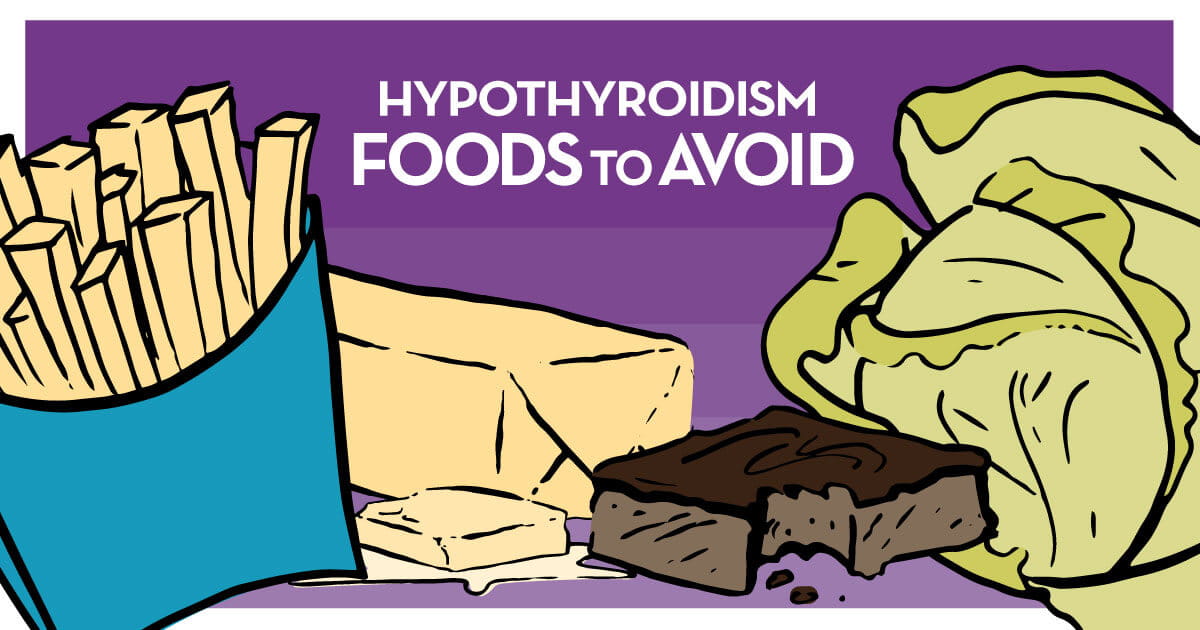Can Your Thyroid Affect Your Mood?

Your thyroid (A butterfly-shaped gland located in your neck) produces thyroid hormone, which regulates, among other things, your body’s temperature, metabolism, and heartbeat. Thyroid disorders can have a noticeable impact on your energy level and mood. Hypothyroidism (an underactive thyroid) can make you feel tired, sluggish, and depressed. Hyperthyroidism (an overactive thyroid) can cause anxiety, problems sleeping, restlessness and irritability.
Here are some other symptoms associated with thyroid problems:
- Muscle and joint pain. If you suffer from painful joints, weakness in your arms, or problem with frequent carpal tunnel syndrome then you may have a problem with your thyroid.
- Neck discomfort or swelling. Discomfort associated with the neck combined with red swelled areas could be a sign of an enlarged thyroid gland.
- Fatigue. Are you tired all the time? Exhausted even after having a full night of sleep? If you are still tired after 8 to 10 hours of sleep, you are probably showing signs of a thyroid problem.
- Change in your hair or skin. Hair loss is a common indicator of a thyroid problem. Skin can also become rough, dry, and scaly.
- Weight changes. Having trouble losing weight no matter what diet or exercise plan you try? Or does is it impossible for you to gain weight no matter how much food you eat? If you have a problem with either, you could have a thyroid problem.
- Bowel problems. Severe and painful constipation that has been going on for a long time is a sign of a problem, as well as severe diarrhea.
- Depression and/or anxiety. If a happy person suddenly becomes irritable for what seems like no reason, they could be reacting to what is going on inside their body.
- Menstrual problems. If you are used to having a normal period and it starts to change drastically (more painful, heavier or disappears) you may have a thyroid problem.
If you have some of the above symptoms, see your doctor.



